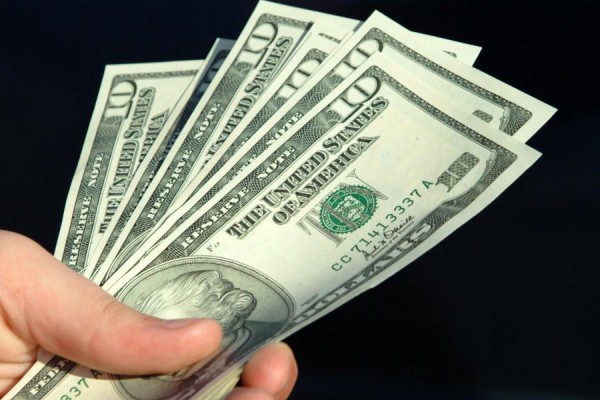Campaign Finance: California's Proposition 32 Explained


Open primaries were implemented in California this year and its impact has already been felt. The next step in electoral reform could be in campaign finance. Proposition 32 will be on the ballot this November. "The Paycheck Protection Initiative" is one of its many monikers.
The initiative is designed to apply to state and local elections but not federal contests. Proposition 32 targets corporations, public and private sector labor unions, and government contractors. All three groups would not be allowed to directly contribute to any local or state candidate. Contributions are most commonly in the form of monetary support and the ban would also extend to committees coordinated with a candidate.
An important distinction to make is between political contributions and independent expenditures. Independent expenditures are defined as money spent on political speech that is not in coordination with a candidate. A union or corporation simply releasing an advertisement for or against a candidate is an independent expenditure. However, full disclosure of state and local expenditures is required by law. Proposition 32 would not affect independent expenditures.
Both political contributions and independent expenditures are under the umbrella of "political spending".
Current campaign finance laws in California limit individual and group contributions to $26,000 for gubernatorial candidates and $3,900 for state legislative candidates.
You may be wondering where the initiative gets its "Paycheck Protection" name. Prop 32 seeks to ban unions and corporations from using payroll deductions for political spending. Again, the ban does not extend to federal elections, as Prop 32 only affects state and local elections. Payroll deductions for collective bargaining will also remain unaffected. One stipulation is that an employer may use payroll deductions for political spending only if the employee consents. This way, the money is voluntarily contributed to the independent expenditures of the union or corporation.
Opponents of the proposition say that the ban on mandatory payroll deduction for political purposes marginalizes unions. This is where labor unions receive most of their political funding. Corporations have vast resources outside of payroll deductions. The proponents state that union members will have increased freedom to do as they wish with their money. Again, union members can willingly deduct from their own wages for political spending.
Regarding government contractors, they would not be allowed to contribute to candidates who have authority in awarding contracts at all. This provision also includes union members with collective bargaining contracts.
Former Democratic State Senator Gloria Romero is endorsing the "Yes on 32" campaign and released this ad on Monday:
http://www.youtube.com/watch?v=mUoTUK-pDkg&feature=plcp
The opposition to the proposition has also released their ad, which has been up since last month.
http://www.youtube.com/watch?v=rnisN4nelFc
Gloria Romero's endorsement comes as a surprise since the "No on 32" campaign is union-supported. We can see exactly who is funding and how much they're funding the two sides to Proposition 32, as of August 1st, 2012. Proponents of the measure have accumulated around $4 million. As reported by the Los Angeles Times, the California Teacher's Association has added $7.5 million to the opposition campaign, accumulating $17.7 million in total. These numbers will definitely change as we approach this year's election.
Proposition 32 attempts to even the playing field in state and local campaigns. As voters, we must understand the initiative from different perspectives. Does Proposition 32 truly reform campaign finance in a desirable manner? Will it just create more hoops for contributors to jump through, or is this a step in the right direction? Your answer will be heard come November.



